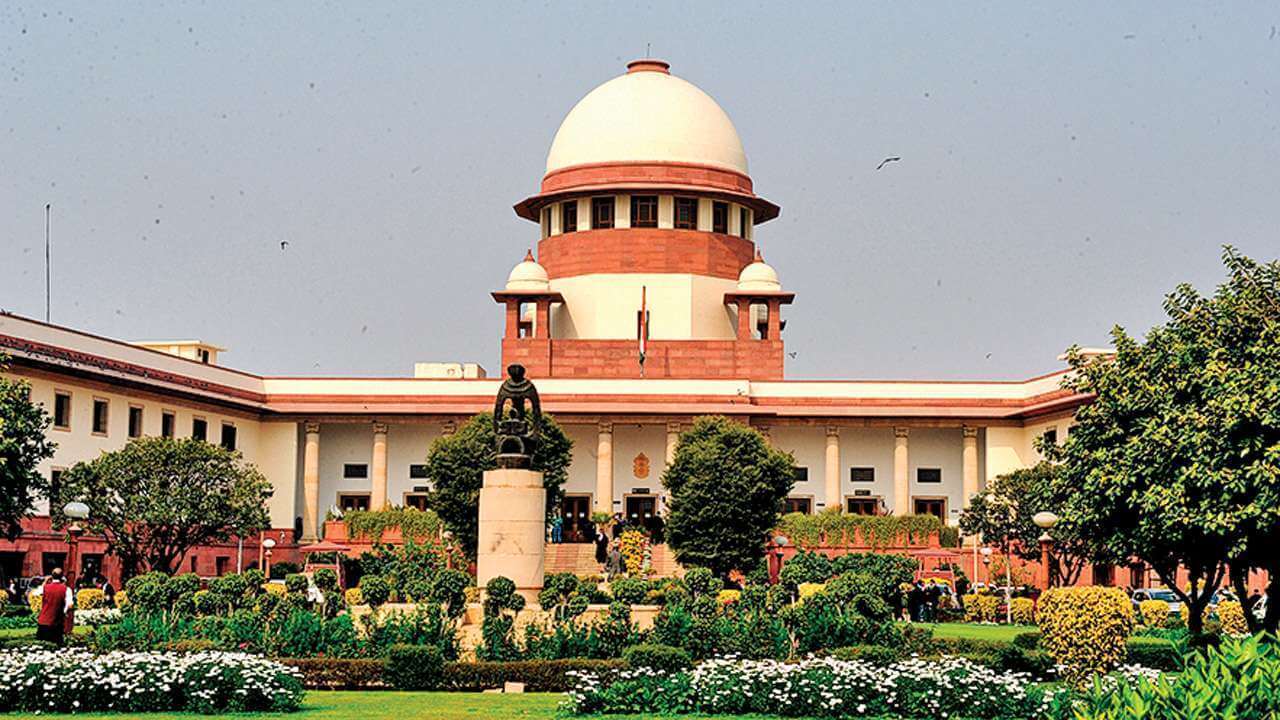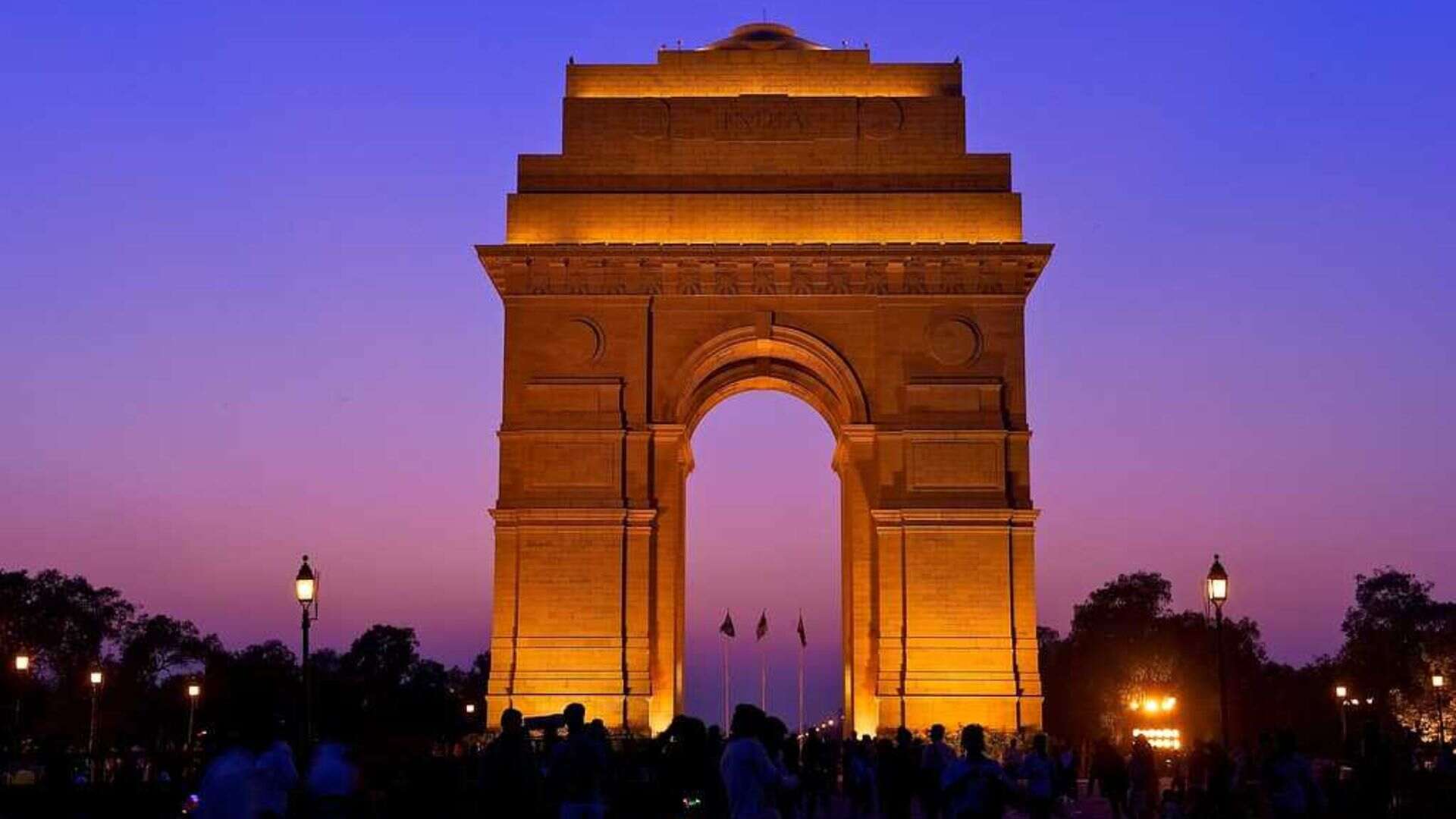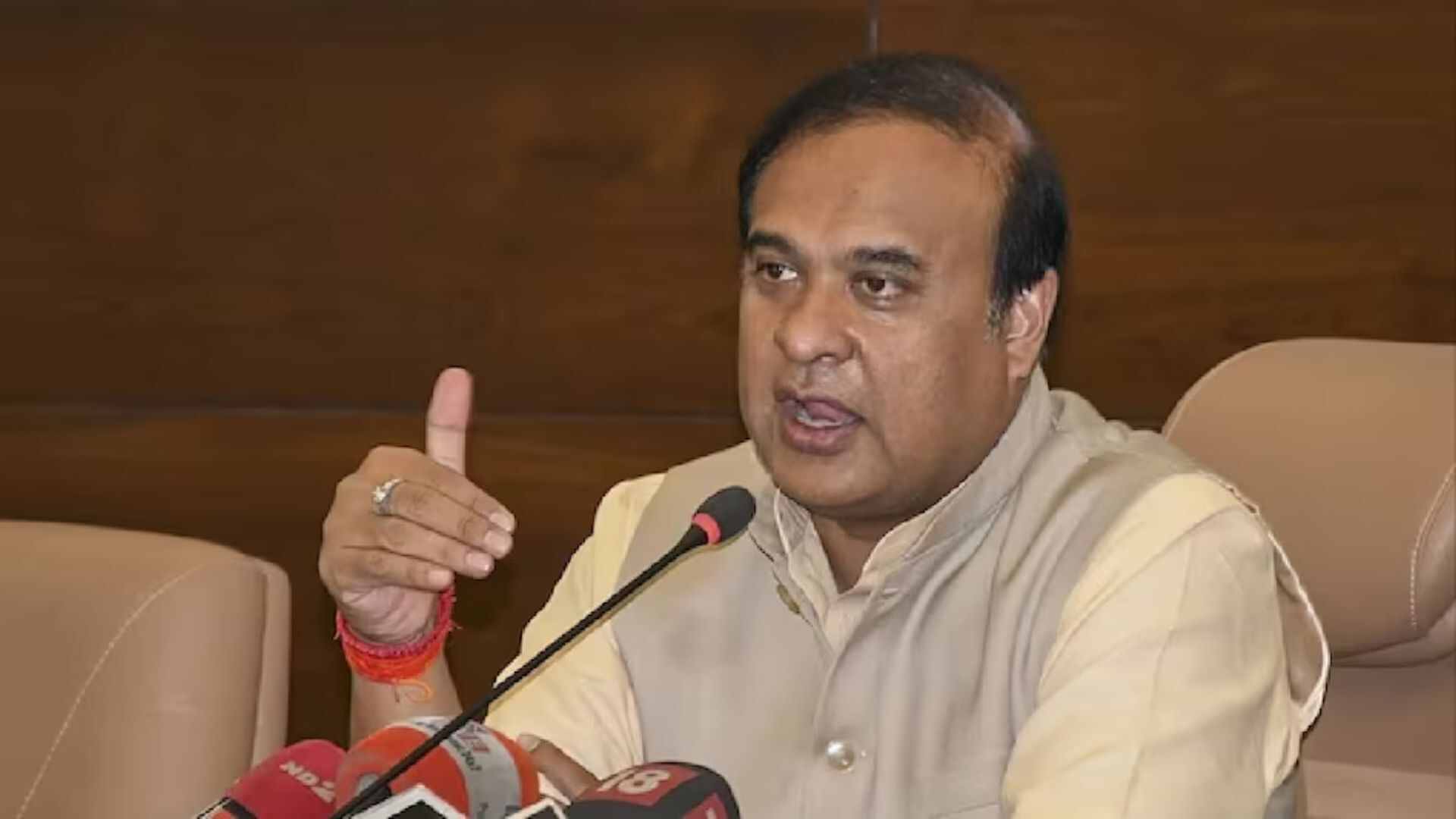Amid the contentious backdrop of the Centre’s decision to enforce the Citizenship Amendment Act (CAA) shortly before the Lok Sabha elections, the Supreme Court is scheduled to hear a cluster of 237 petitions challenging the law today. Heading the proceedings will be Chief Justice of India DY Chandrachud, accompanied by Justices JB Pardiwala and Manoj Misra.
Among the petitioners are various entities, including the Indian Union Muslim League (IUML), predominantly active in Kerala, the Democratic Youth Federation of India (DYFI), Congress leader Jairam Ramesh, Trinamool leader Mahua Moitra, and AIMIM chief Asaduddin Owaisi.
Promptly following the Centre’s notification of the CAA rules, these organizations swiftly approached the Supreme Court, urging a halt to the law’s implementation, branding it as “discriminatory” against the Muslim community.
In 2019, when the Citizenship Amendment Bill passed in Parliament, several petitions were filed against it. However, the court refrained from halting its enactment as the rules were not yet in place. Senior Advocate Kapil Sibal informed the court that a pause was not considered previously since the rules were not finalized. Solicitor General Tushar Mehta dismissed the relevance of the timing of the rule notification before the elections.
The CAA offers a route to Indian citizenship for non-Muslim migrants fleeing religious persecution from Bangladesh, Pakistan, and Afghanistan. Individuals belonging to Hindu, Sikh, Buddhist, Jain, Parsi, or Christian communities who entered India on or before December 31, 2014, are eligible for citizenship under this act.
Critics, including opposition parties, have censured the Narendra Modi government for implementing the law four years after its passage in Parliament, alleging it as a strategy to sway elections, particularly in West Bengal and Assam.
In contrast to the opposition’s contentions, the Centre defended the constitutionality of the CAA, with Home Minister Amit Shah accusing them of disseminating falsehoods. He reiterated the BJP’s commitment to enacting the CAA in its 2019 manifesto and attributed the delay in implementation to the COVID-19 pandemic. Shah assured minorities that the CAA does not revoke any citizen’s rights.







